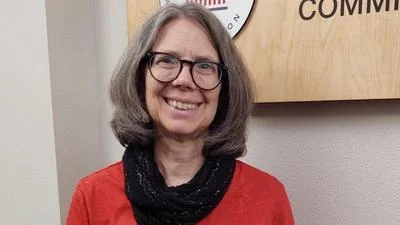Tim Shimek is renovating an old Laona motel into low-income rental apartments. | immo RENOVATION/Unsplash
Tim Shimek is renovating an old Laona motel into low-income rental apartments. | immo RENOVATION/Unsplash
A growing number of residents may soon be living their dream because of Tim Shimek’s vision.
"I drive past this property three, four times,”Shimek told WQOW.com of the old motel off Highway 8 in Laona he recently purchased and renovated into several low-income apartments. “I noticed there were no cars parked here. Basically, we're just renovating the apartments back into fresh, new, clean spaces."
Given the volatility of the housing market, Shimek knows his actions couldn’t come at a more pressing time for many.
"I've had an overwhelming response, even for this area, which is relatively rural," he said.
Wisconsin currently has only 34 houses that are available and affordable for every 100 families living at or below the poverty level, the National Low Income Housing Coalition said, quoted by WQOW.
"One girl in particular, she's been communicating with me since November," he said. "She's still stuck with this property because there's been nothing else for her. So she hasn't found anything within six months of looking."
Shimek said being able to help leaves him feeling good.
"When you see someone who's been looking for a place for that long and they're like, 'finally we can move in?' That's rewarding," he said.
Seven of the property's 10 units have already been rented.
"What we're doing here isn't going to impact the world, but it certainly did impact a few people's lives for the better," Shimek said.
"Across Wisconsin, there is a shortage of rental homes affordable and available to extremely low income households (ELI), whose incomes are at or below the poverty guideline or 30% of their area median income (AMI)," a report from the National Low Income Housing Coalition said. "Many of these households are severely cost burdened, spending more than half of their income on housing. Severely cost burdened poor households are more likely than other renters to sacrifice other necessities like healthy food and healthcare to pay the rent, and to experience unstable housing situations like evictions."





 Alerts Sign-up
Alerts Sign-up